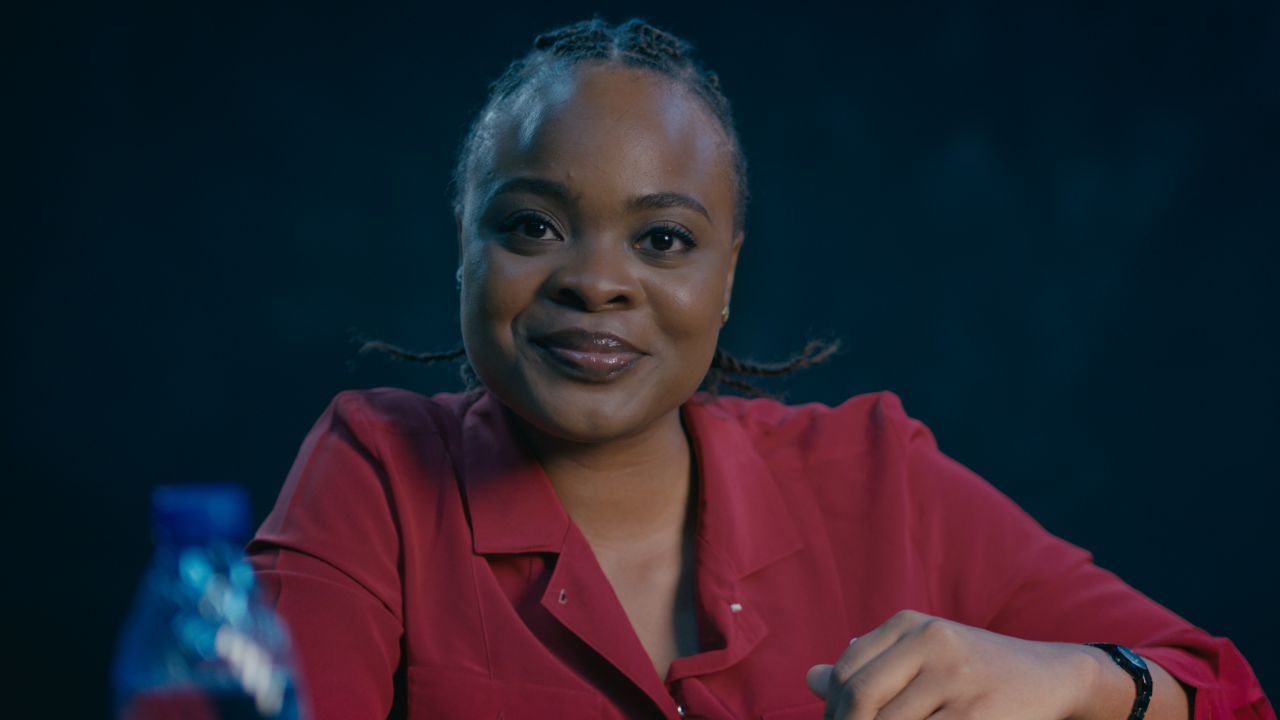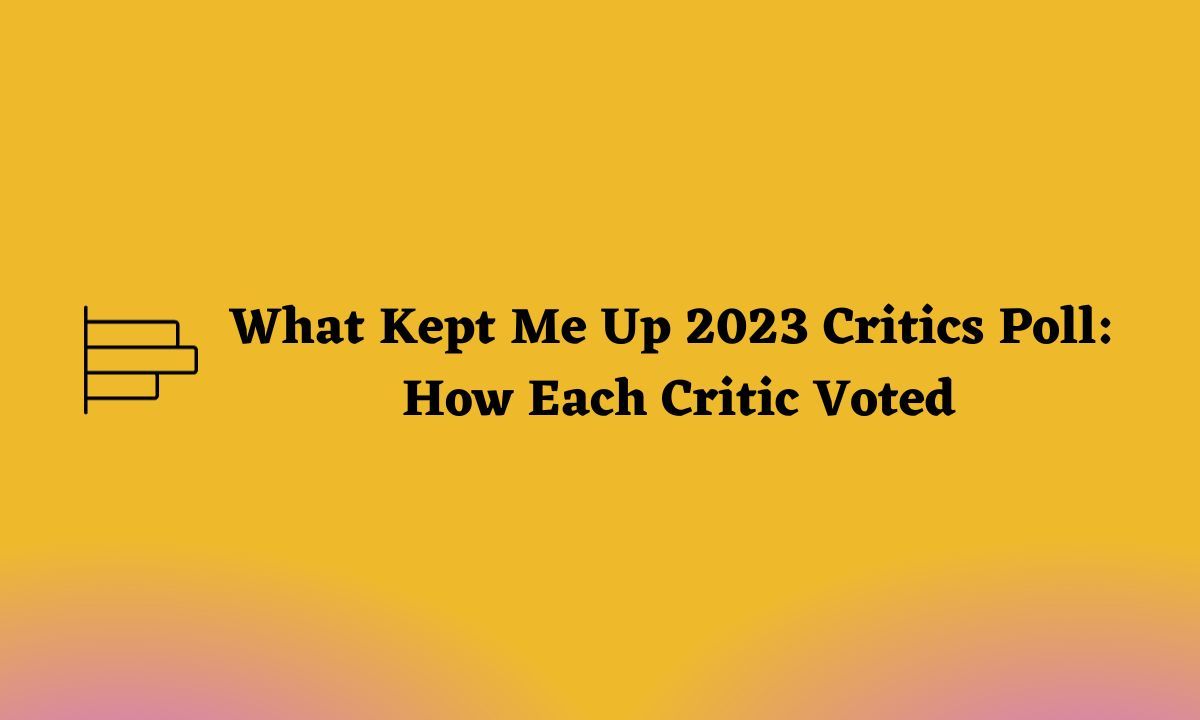
News arrived recently that billionaire EbonyLife Studios CEO, Mosunmola Abudu, in partnership with American film producer, Will Packer (Think Like a Man, Ride Along), has acquired the rights to make a Hushpuppi movie based on the excellent Bloomberg “The Fall of the Billionaire Gucci Master” essay by Evan Ratliff . The brief describes the untitled project as a globetrotting action thriller—a hybrid of Catch Me if You Can and The Usual Suspects. Both movies are high stakes cat-and-mouse affair between authorities and criminals, and have the criminal as protagonist. One of them, the Stephen Spielberg-directed Catch Me if You Can, is based on the true life story of Frank Abagnale Jr., a chronic American criminal con master who made around 2.5 million dollars in forged checks. Another film that fits this classification is Martin Scorsese’s The Wolf of Wall Street which is based on Jordan Belfort’s story, who was a stock market manipulator and an American scammer. Hushpuppi’s story—set to be told by Mo and Packer—has been suggested to fall into this category of criminals’.
Subscribing to Netflix for the highly anticipated King of Boys movie?
Mo is an industrious businesswoman and a hard worker. She is directly involved in two of the highest grossing Nollywood films (Wedding Party 1&2). She has a 2018 deal with Sony Pictures Televisions to co-produce The Dahomey Warriors, and a 2021-announced deal with Will and Jada Smith’s production company to develop three projects. She executive produced Kenneth Gyang’s film, Oloture, and has been awarded for her persistence display of business excellence. It is safe to assume that Mosunmola Abudu is one of the most powerful figures in Nollywood today. But this is not a bio page.
In 2020, Mo, in conjunction with Netflix, acquired the rights to two classic Nigerian works; the Nobel Laureate, Wole Syinka’s 1975 play, Death and the King’s Horseman and Lola Shoneyin’s comedic feminist novel, The Secret Lives of Baba Segi’s Wives. Both movies have, apparently, been slated for production at a later, unknown date. There are grumbles that Mo might be taking on more projects (most of them culturally delicate, as is the case with Wole Soyinka’s play) than she can efficiently execute. These fears aren’t unfounded—the critic, Akin Adesokan wrote an article with suggestions on how the Soyinka adaptation can be produced, for example. Mo has a pile of projects she has partnered on with Sony, Netflix, Will and Jada Smith, and now, with Will Packer and Universal Studios. Let’s assume Mo is experienced at multitasking. You do not get this rich and powerful without knowing what you are doing.
The question of efficiency laid to rest, there are specific ethical questions to be considered, particularly with the new acquisition of rights to Ramon Abbas, aka Hushpuppi’s story. Hushpuppi is a divisive figure, has been for a long time now. In 2017, Nigerian artistes, 9ice and Falz had exchanges after 9ice praised Hushpuppi’s wealth in his track, “Living Things”. Falz wrote that, “you are a role model to the younger ones and you are hailing fraudsters, you are making the younger ones feel it is good to do it.” It was an irresponsible thing 9ice did. Hushpuppi’s wealth had always been debatable, it was too much money being thrown around aimlessly for it to be clean. Falz was promptly outnumbered and quietened on the internet. He was accused of not acknowledging his family’s privilege and its influence on his meteoric rise as an artiste. This, of course, is pure balderdash.
Now streaming on Netflix:
Hushpuppi is a criminal who embodies one of the darkest patches of being Nigerian in our contemporary world. The constant stigma and accusations of cybercrime and African Prince schemes have been sharpened to sophistication by the likes of Hushpuppi. And while he is key to the working of the BEC scams he thrived on and now stands trial for, he was not the brain of the operation; he wasn’t even the neck of the operation. The hackers who facilitate the enterprise are still at large and, as evidence from the article points, will not be arrested anytime soon. Yet Hushpuppi is godfather to the festering number of Nigerian fraudsters. Young men and boys from 13 upwards have come to see internet fraud as a viable means of survival because Hushpuppi thrived with it for years. The network of fraudsters has become so sophisticated that boys apprentice under older, more experienced fraudsters, and they all coexist in a well-knit cyber coven. The possibility of prison time or arrest doesn’t deter them, they have one another and the corrupt law enforcement—see the case of Naira Marley and co. Coupled with the perpetual economic instability and poverty, cybercrime is at an all-time high in Nigeria.
It would be unfair to read too much meaning into a production that still has “writers discussions progressing quickly”, that has no script yet. But Hushpuppi is set to be the protagonist in a film that will be “based on a true story”. We will go to the theatres to see a movie about a popular internet fraudster, so popular that a veteran Nigerian musician namedropped him. We will have a problem as a people if we begin to idealise Hushpuppi this way, so early in his trial. He will become a criminal phenomenon when he is anything but. Imagine a 14/15/16 year-old aspiring fraudster watching a movie about the recent godfather of Nigerian internet fraud. True, not seeing the movie won’t solely deter him from the act, after all, the fact that you see a good heist film doesn’t mean you will aspire to armed robbery. However, proximity redefines context here. The idea of movie rights for a criminal lord for an impressionable already-off-track teenager will be swooning. The concern here is the criminal socio-cultural consequences for Nigeria, not even cinema.
The truth is that Hushpuppi is an American criminal and not a Nigerian one anymore; his crimes are against the state of California. And this Hollywood partnership subtly implies that. If a movie that humanizes Hushpuppi is released so early after it has become clear he is a ‘yahoo yahoo’, not only will Nigerian cybercriminals have their resolve hardened about their sinister craft, cybercrime itself will surge across the country. In a country that has people who spend less than a dollar (500 Naira) daily, it is precarious to dangle the carrot of criminal adventure so. The lesson to be learnt in that movie, the repercussions of cybercrime act, won’t take up ten minutes of screen time. It means said cybercrime proteges would see Hushpuppi live large for roughly an hour plus. This will not be an American problem even though, like the proposed film and the bust that arrested Hushpuppi, it’s largely American-sponsored.
Open letter to Nollywood:
In the case of the American criminals, Frank Abagnale Jr. (Catch Me if You Can) and Jordan Belfort (The Wolf of Wall Street), there was a system completely equipped to deter crime, and also during and after their jail terms, these characters helped the system apprehend criminals of their ilk. Jordan Belfort and Frank Abagnale Jr. were not criminals because they were in an ineffective system that was largely indifferent/ill-equipped to their crime. They were not in a country where corruption, greed, and nepotism are brazenly upheld, where the Deputy Commissioner of Police is linked to their crime, or where the youth openly argue for criminals. The Nigerian people are enamored by wealth, especially unquestioned, apparently infinite wealth, because we have so little of it. In places like this, greed thrives, and artists, profit-oriented or not, must watch who they praise with their craft.
This is the American ethos; a man can be anything he chooses and the system will support him. He can be good today, bad tomorrow or vice versa, as long as it is what he wants. In both cases, the American system can reward or admonish the man as adequately as situation demands. We are not in that American position yet. If Hushpuppi had been apprehended by Nigerian Law enforcements, he would have been released by now. The Naira Marley internet fraud trial has been continuously adjourned for reasons as flimsy as “the lead counsel is in Edo for another matter”—it has been adjourned again till October 5, 2021. Potentially, with this untitled project, young internet fraudsters will think that all they need to do is not be captured by Americans. And with a movie about a criminal in a case that is still unraveling its culprits (Mr. Abba Kyari), we could be on our way to immortalizing a criminal legend, and his vile deeds, revered and idealized. This acquisition might appear not to be a win, but as a friend said, “What can we say? The film will most probably be made anyway.”
You can share your thoughts in the comments section or on our social media accounts.
Subscribe to email notifications here:




